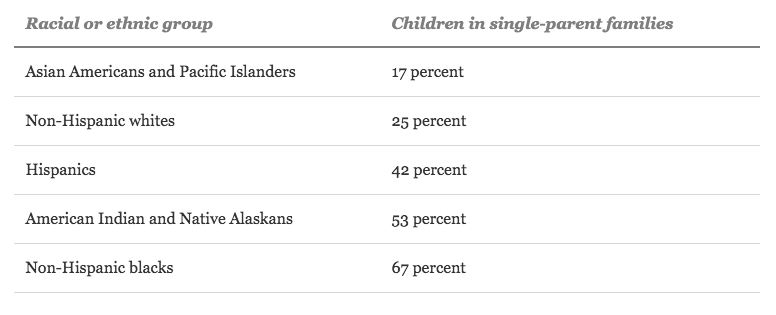We’ve seen now both the Republican and Democrat versions of how to do health care reform. What’s to like from either side?
The Democrat version goes like this: draft a hugely transformative bill behind doors, then declare before the vote that “It’s going to be very, very exciting” but you’ll have to “pass the bill so you can find out what’s in it”. Then, ram the bill through both houses of Congress on black-and-white 100% party-line votes.
The Republican version goes like this: vote more than fifty times in the House to repeal or amend Obamacare. Run on ‘repeal and replace’ in the 2018 campaign and win both houses of Congress and the Presidency. Draft a hugely transformative reform bill behind closed doors, fail to get agreement within your own party, and finally give up and withdraw the bill before it comes to a vote.
Which approach do you prefer? I vote ‘none of the above’. Health care is 17% of national GDP and important to every one of us on a very personal level, but both political parties chose to craft solutions behind closed doors and then pass (or try to pass) largely unexamined legislation with no votes from the other party. America deserves better.
We deserve to not have to endure a health care system cobbled together in secret by politicians in an atmosphere of political extremism, whether left or right.
We deserve the chance to look at alternatives. There are national health care systems actually in place and working in places like Japan, Switzerland and France. Identify which features work in these systems and which don’t, and what the actual costs are. Look around at the choices and ‘kick the tires’. There must be at least three or four quality national health care systems already up and running that are worth mining for ideas. Some systems have been in place for decades. Consider the UK: the NHS began operation in 1948. That’s nearly seventy years of experience – the good, the bad, and the ugly. Why re-invent the wheel?
We deserve the chance to see what happens when the largest stakeholders in the US, actual experts – not politicians, sit down together and create a plan. For example imagine that three parties: doctors, insurance companies, and elected officials created a plan they could all agree to. Give them a deadline: six months to sit together, negotiate, and share ideas. They might come up with an interesting and worthwhile proposal.
We deserve the opportunity to examine and react to specific proposals. Imagine if Congress and the President submitted two or three competing proposals to a nationwide debate and referendum. It would not be binding since the Constitution has no provision for initiative and referendum votes; but we deserve the right to look at competing proposals over a reasonable period of time, hear discussion, and make a reasoned choice between alternatives.
The bottom line
Here’s my proposal:
First, hire a management consulting firm, someone like McKinsey & Company, to create a report detailing the principal features, advantages, and disadvantages of the health care systems in Canada, France, and Japan. Almost all of this information is already public and I think you can give them six months and $250,000 to get the work done. (Really, this is work that is probably already done by some college student as their senior thesis. It is not rocket science.) Their report will be public, and it will be analyzed up and down and shredded to bits, but it’s just a starting point by way of clarifying that there’s a wealth of prior examples and experience to draw from.
Then, craft two or three competing proposals. Where do the proposals come from? My suggestion: one from the doctors (the American Medical Association) and one from the insurance companies (Health Insurance Association of America). If that’s too hard for some reason, then ask the Democratic and Republican members of the House create competing proposals. Have the proposals scored by the CBO. Put the proposals out for debate and add an item to the ballot in the next Congressional election – these votes occur every other year. Let people examine the proposals, debate, and choose from the alternatives.
No more hastily-crafted, top secret, politicized, take-it-or-leave-it proposals. We deserve better.

